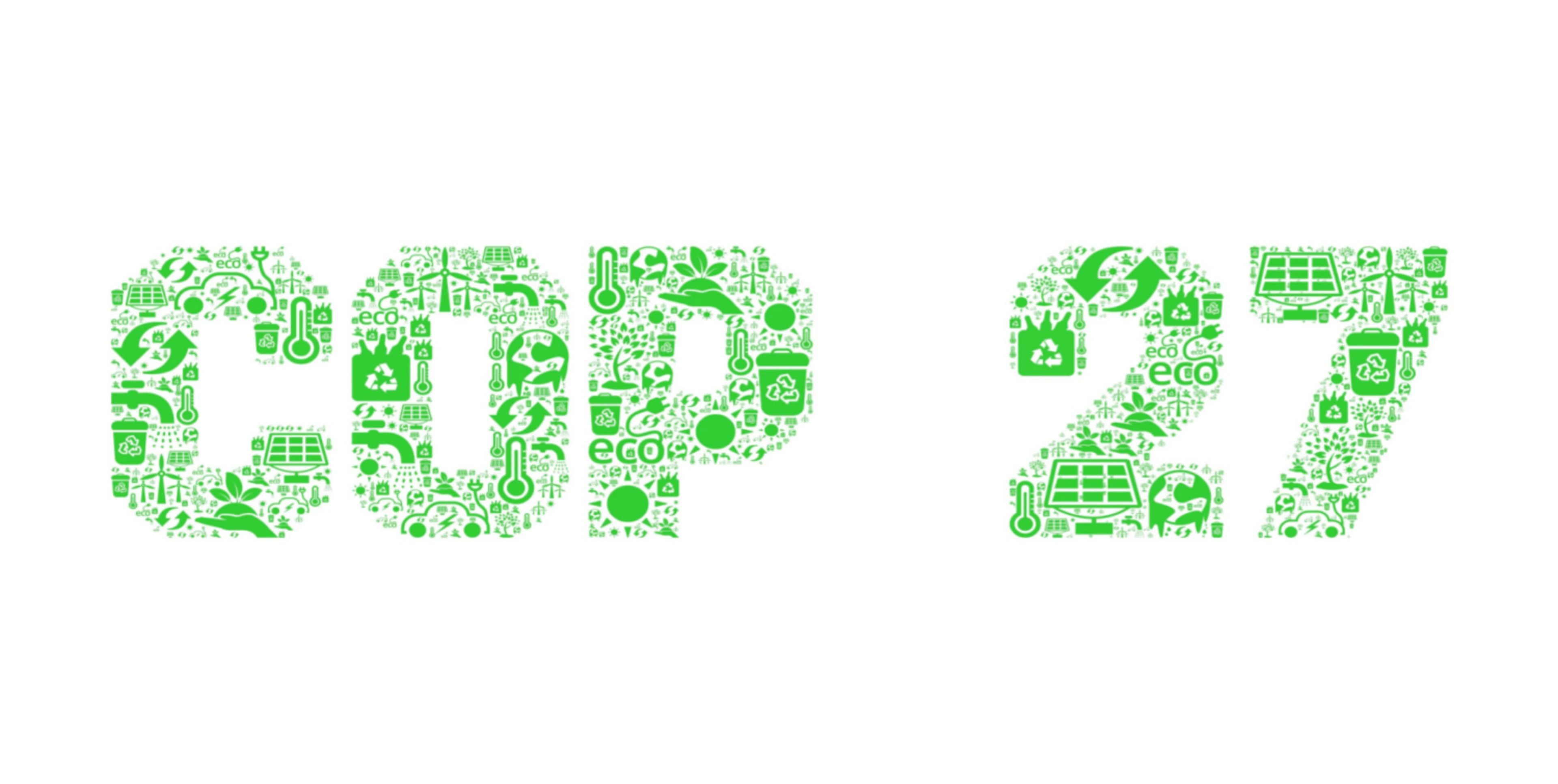Businesses have often been blamed for sluggish progress on climate change – yet at COP26 it was the progress that governments made that felt frustratingly slow. A significant feature of COP was businesses joining with activists to demand faster progress.
The talk of Glasgow being “the last best chance” to avoid the worst consequences was always going to be overblown and that turned out to be the case. Instead, what we got was some progress that keeps 1.5C – the likely limit that global heating can get to before we risk awful consequences – alive, but on life support.
In fact, based on the current commitments we are still on track for an alarming 2C of warming. It is a cliché, but whilst states can negotiate with each other, they can’t negotiate with physics.
The risk now is that, having placed so much focus on the build-up to COP, businesses take their foot off the pedal and fail to move as quickly as they might have done had we seen even stronger signals from our world leaders, with both ecological and economic opportunities missed.
If we are to close the gap and have a liveable planet and a thriving economy, then businesses large and small will need to take a major step up and lead us towards 1.5C.
The good news is that the economic case for climate action gets stronger and stronger. Not only do consumers and employees increasingly demand the organisations they engage with do the right thing, but the cost of decarbonising business has rapidly come down.
Across almost every area of business, there are financial benefits to be found in choosing a less resource hungry option. It is routinely the cheaper option for businesses to convert their company cars to electric vehicles, with the whole life cost of an EV beating that of an internal combustion engine almost every time (subject to availability of course). Installation of on-site renewables has got cheaper and will lead to cost savings while supporting the overall decarbonisation of the grid.
Equally, the risks to business in a globally heated world are increasingly well understood in the boardroom.
In meetings with the finance community, I saw clear signs that the tide is starting to turn, and money to support the transition to net zero will go from a trickle to a roar. Through the Glasgow Financial Alliance for Net Zero (GFANZ), over $130 trillion of private capital has been committed to transforming the economy for net zero. That figure feels inherently fantastical but could be utterly transformational if we move quickly enough.
There is a vast array of ways businesses can both show leadership and generate value. With consumers increasingly choosing to spend their money with ethics in mind, companies that stand out for doing the right thing will flourish.
The best approaches will have some common features, all of which place quality at their heart. The most successful businesses will shift beyond thinking of sustainability simply as a way to avoid things deteriorating, towards action that aims to repair our planet. The future belongs to the businesses that move fastest to become truly planet positive.
The most forward-thinking are taking a rounded approach by ensuring that they are not just looking at carbon, but also tackling interdependent issues. We hear most about the climate crisis, but our waste – plastics and e-waste – and biodiversity crises are shocking too. Not only that, but they’re linked problems, with linked solutions.
Take plastic – not only is it derived from fossil fuels, but it is filling our oceans, causing distressing harm to wildlife. It also risks limiting the effectiveness of vital carbon sinks like mangrove forests. And as the effects of climate change worsen, storms and floods will spread plastic further and faster than ever before. If we restore our oceans, its seagrass, kelp, whales, and other wildlife, we will be restoring the earth’s capacity to stabilise our climate. Helpfully, fixing the plastic and electronic waste crises, while tackling the carbon budget can be the route to inspiring actions that engage employees and customers, and build brand value.
Ultimately, it is in engagement where the best outcomes for planet and industry live. Giving staff and consumers meaningful choices about where to focus efforts not only creates buy-in and loyalty, but also acts as a catalyst for further action. It is that catalyst effect, when added to businesses taking rapid action on their own emissions and investing in planet repair, that can lead us to a stable, liveable climate.
[By Rob Cheesewright. This article first appeared in Business Green, 3 January 2022]











